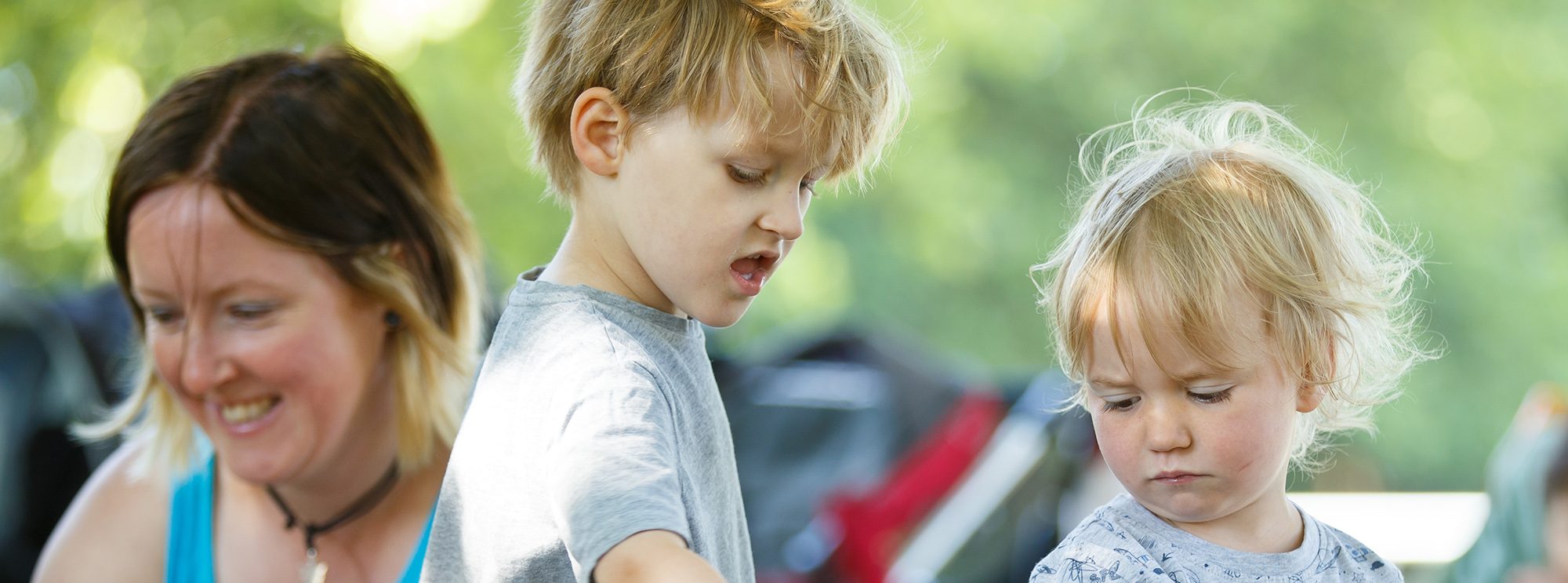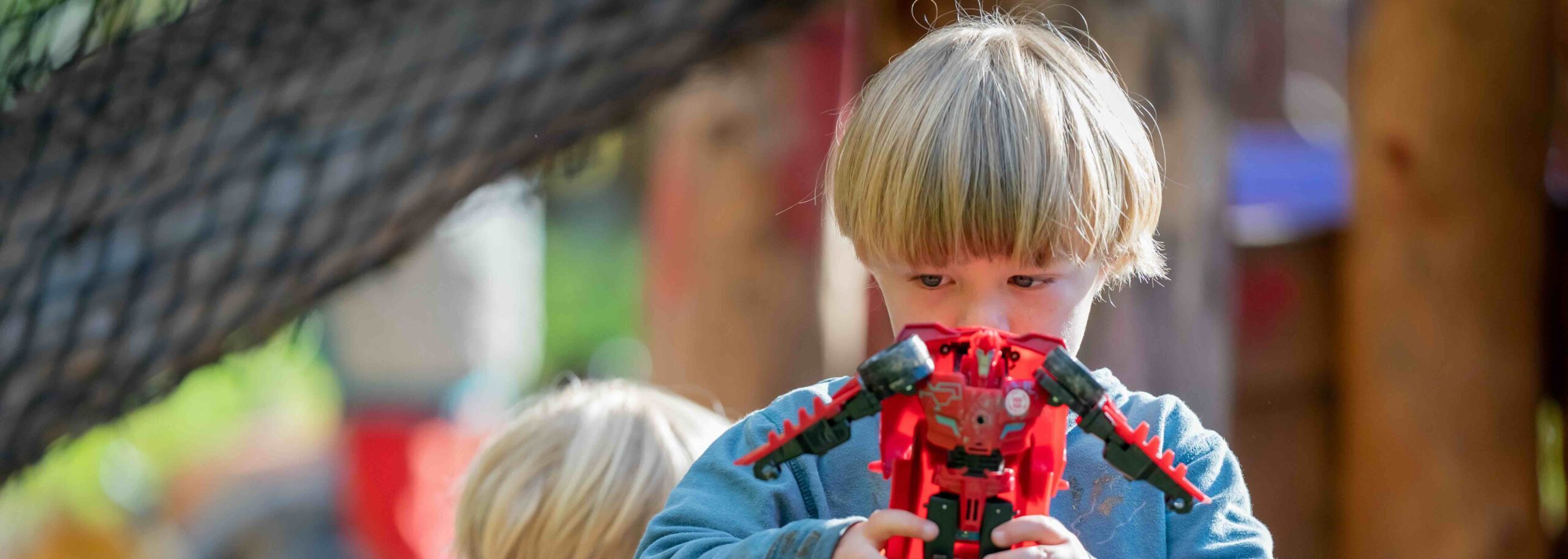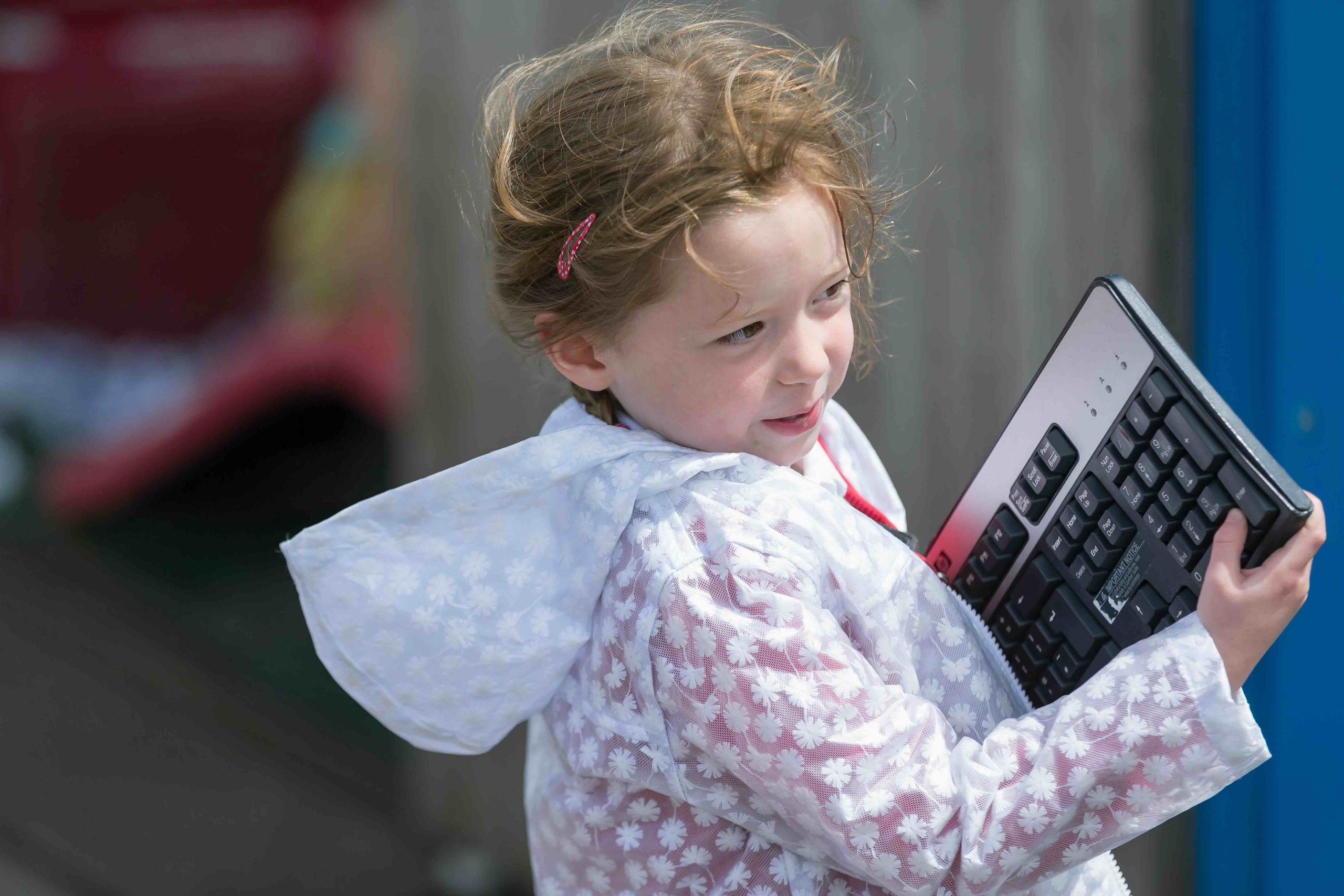All about play
What your child or teenager might be telling you through their play
Playing is a form of communication. When children or teenagers play, they may be:
- expressing their feelings
- sharing information
- showing you the things that interest them
- working out what they think about situations and ideas
- inviting you to play with them.
Play can be a way of communicating without words
If your child moves their toys closer to you and starts to tell you what’s going on, they might be inviting you to join in. They might also invite you to join in by making a funny face at you, or by throwing a ball to you.
If your child has played the same game for a long time, this might be showing you that they feel safe and comfortable.
Children use play to work through important things about life
- Children use play to work through things they’ve been thinking about, or things they’ve seen, heard or experienced. It could be a real-life situation that’s happened to them or someone they know, or something they’ve become aware of through a film or a story.
- Playing is a safe way for your child to explore big issues and ideas. These can include things like death, separation, friendship, power, sex and relationships.
- Children use play to work things out. For example, they might replay something that’s happened and give it a different ending, seeing what it might feel like to play out the worst thing that could have happened, or trying a better ending. They might play a different role in the situation.
This kind of play is very healthy.
What should you do if you feel uncomfortable about your child’s play?
Sometimes when your child is playing you may feel unsure or uncomfortable about their play. It might involve a subject that leaves you feeling unsure about how you should react.
It’s natural to have these feelings sometimes. Ask yourself what it is that worries you. Here are some examples:
- Is it something that makes you feel uncomfortable even though your child is fine? For example, if your child smashes up a cardboard box to express feelings of frustration.
- Is it something that shows that you and your child have different personalities? For example, you might be naturally cautious, but your child might be adventurous.
- Is it something that crosses a boundary of what you feel is okay to talk about? For example, your child might be obsessed with pee and poo but you may have been brought up not to mention them.
If you are feeling uncomfortable but your child is okay
- Try not to be too bothered by your feeling.
- Remain open and accepting.
- Recognise your feelings but try not to pass them on to your child.
- Remember that play is a healthy way for your child to communicate.
Talking about things
Some play might open a conversation. If it does, you can:
- acknowledge and respect your child’s feelings
- try not to interfere or be too nosy
- try gentle prompts such as, ‘I noticed you were quite serious when you were playing today’. Or, ‘You seemed quite cross with your doll. Is there something that made you feel like that?’
Still concerned?
If you have worries about how your child is playing, you could talk to a trusted adult – like your health visitor, GP, or a member of staff at your child’s nursery or school.













